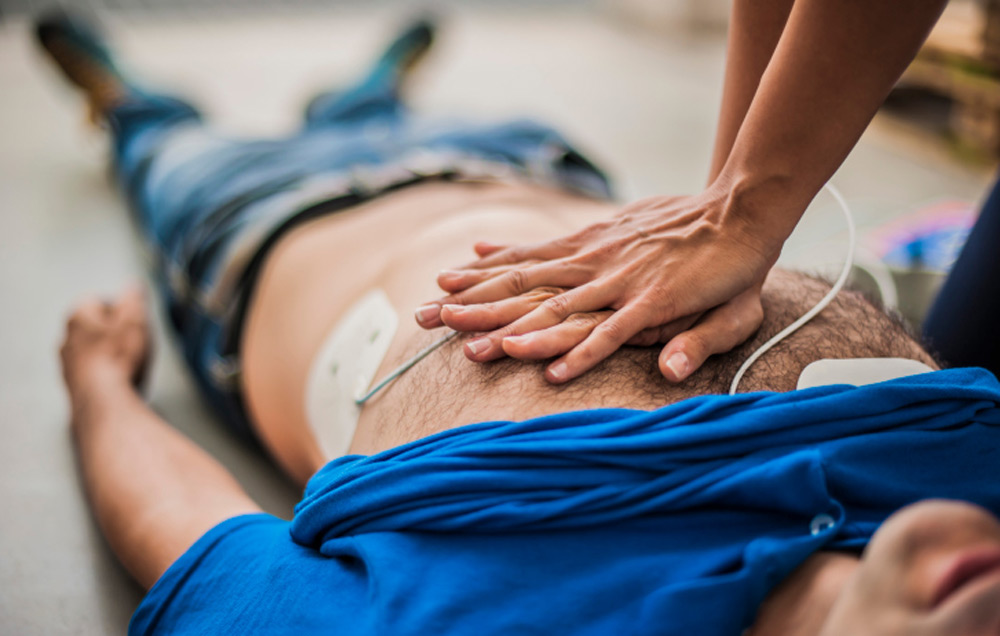Contents:
- Medical Video: Birth Control Pills
- How does emergency contraception work?
- How effective are emergency contraceptives?
- Protection from venereal disease
- Emergency contraceptive pill side effects
- Who can use emergency contraception?
Medical Video: Birth Control Pills
Emergency contraception is a way to prevent pregnancy after unprotected sex. Often referred to as morning-after pill, emergency contraceptive pills are hormone pills that can be consumed by women after having sex. This pill works best if taken at least the first 72 hours after having sex after unprotected sex.
Intra Uterine devices (IUDs) can sometimes be an emergency form of contraception. But this tool is rarely prescribed for teenagers.
How does emergency contraception work?
Hormones such as Levonorgestrel progesterone are given in high doses to prevent pregnancy. The way emergency emergency contraception works is to delay ovulation (the release of a woman's egg during a monthly cycle). This pill can also interfere with the fertilization process to prevent the attachment of the fertilized egg to the uterine wall.
This type of emergency contraception is the most effective when taken as soon as possible after intercourse, although it can still reduce the risk of pregnancy when consumed for up to 72 hours after intercourse.
How effective are emergency contraceptives?
Emergency contraception is the only method of contraception used after sex. The success rate when consumed 72 hours after intercourse is 89% and when consumed within 24 hours after intercourse is 95%. But the effectiveness of this pill is not commensurate with birth control pills that are routinely taken. For that, you should not use this too often. Only use in an emergency when forced.
Because emergency contraception does not prevent all pregnancies, a woman should consult with her doctor if she does not get menstruation after taking emergency contraceptive pills.
Protection from venereal disease
Emergency contraception does not protect against sexually transmitted diseases. Couples who have sex must always use condoms to protect them from sexually transmitted diseases even if they use other contraceptives. If the condom is damaged (or the couple has unprotected sex), visit the doctor regularly to check for sexual illnesses.
Abstinence (not having sex) is the only method that can always guarantee the prevention of pregnancy and sexually transmitted diseases. If a woman is forced to have sex (rape), she must immediately consult her doctor to get emergency contraceptive pills to prevent unwanted pregnancies and conduct tests of sexually transmitted diseases. This is because the importance of early treatment of certain types of sexually transmitted diseases before developing becomes a bigger problem.
Emergency contraceptive pill side effects
Many women who take emergency contraceptive pills experience side effects such as nausea, vomiting, breast pain, dizziness, head spinning, and fatigue. Some side effects are usually rare, and most last for 1 to 2 days. A woman's menstrual cycle may become irregular after taking emergency contraception.
Who can use emergency contraception?
Emergency contraception is not recommended as a routine contraceptive method. This pill is used only for emergency purposes. If there are couples who have sex and the condoms used are damaged or detached, or if a woman forgets to take her birth control pills for 2 consecutive days, she can consider using emergency contraceptive pills. This pill is also available for women who are forced to have unprotected sex (rape).
Emergency contraception is not recommended for women who know that they are pregnant.
READ ALSO:
- Signs of Pregnancy that You May Not Suspect
- Can you get pregnant if you have sex during menstruation?
- Why "External Ejaculation" Can Still Cause Pregnancy












